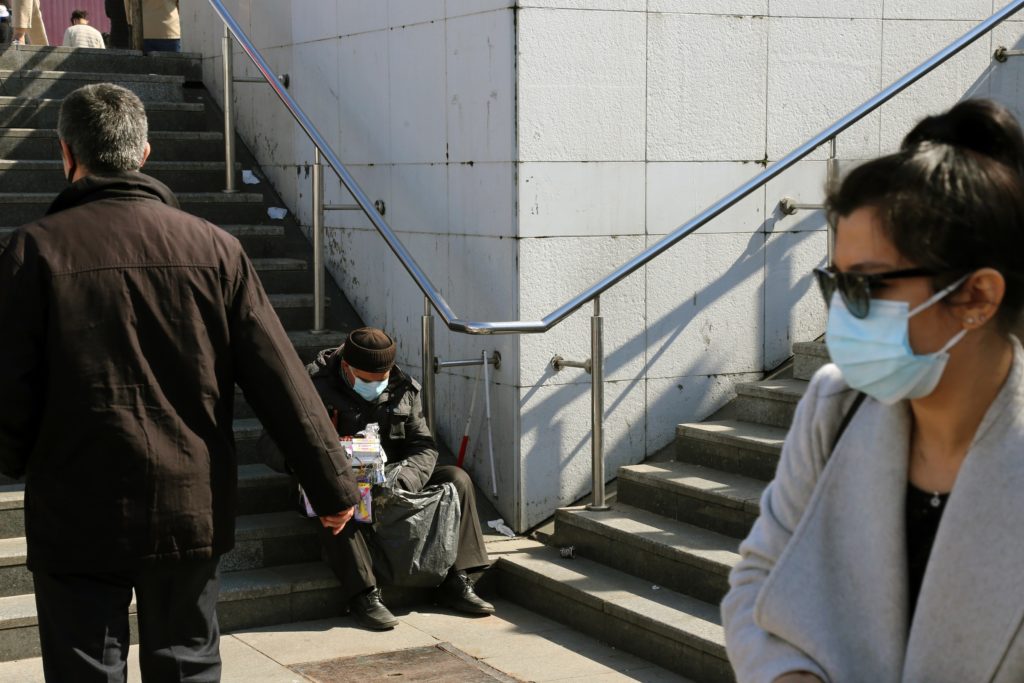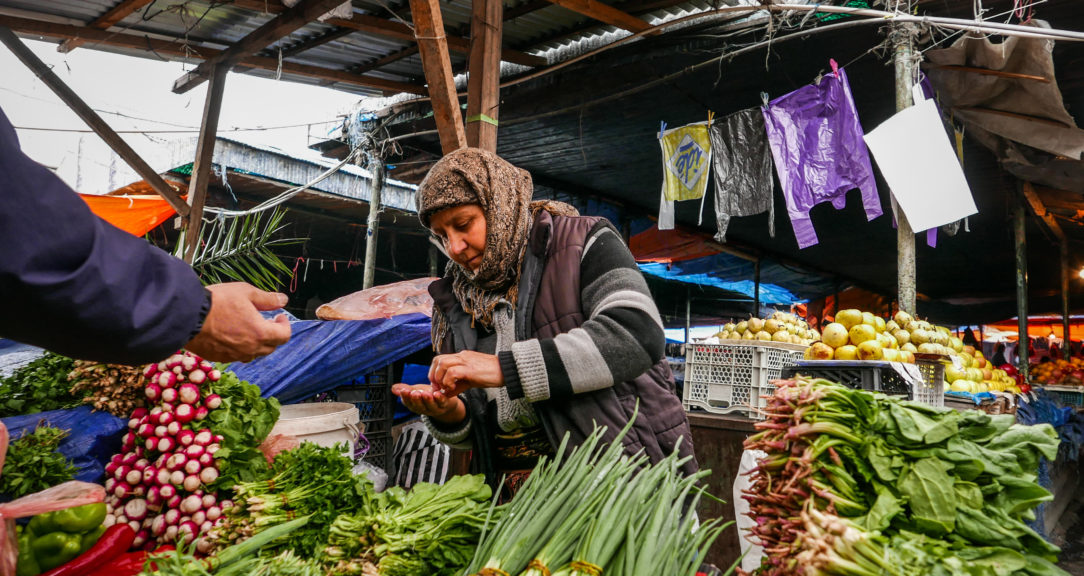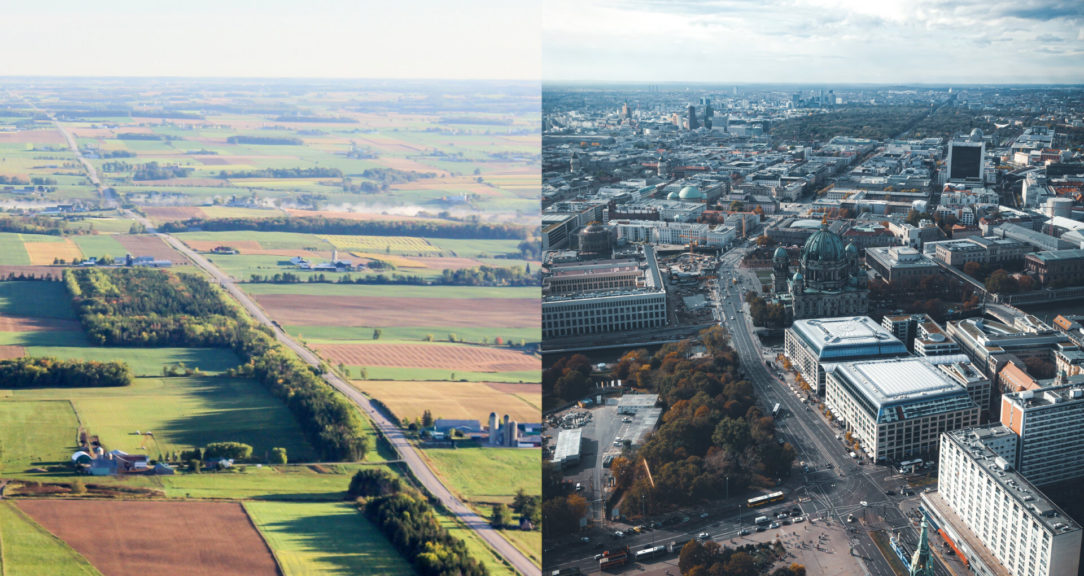The pandemic has laid our insecurities bare.
We knew, perhaps intellectually, that the supply chains and social networks that connect everyone around the world are complex and fragile. But it wasn’t until the start of the Covid-19 pandemic that we saw all of these networks tested to their limits. And that’s bringing new attention to social security.
The myriad moving pieces of the global economic engine operate smoothly most of the time. The redundancies can cover for one or two gears failing at any given moment. The moves for business efficiency popularized since the financial crisis — like the gig economy and zero-hour contracts — prop up the works.
But now, since the start of the pandemic, larger parts of the engine have slowed or occasionally failed. Staffing shortages in one sector, like shipping, slow down all of the adjacent sectors: Hospitals don’t get the medical equipment they need; grocery store shelves are occasionally empty.
And at a personal level, many people are just one bad case of Covid-19 away from falling into financial trouble. In the United States, the proportion of people who would not be able to cover a small emergency of $400 with their savings is 36%, according to the Federal Reserve. Many countries sent direct cash payments to residents to help them weather the first year of the pandemic, but many of those programs have run their course. Household savings rates spiked during 2020, likely because of these stimulus initiatives, but are projected to sink again in 2022.
Household savings as % of disposable income, 2002-2022
Countries that tie health insurance to employment and don’t have mandatory sick leave allowances are facing new questions about social security in this pandemic.
The proportions of people covered by government social safety nets are highest in high-income countries, as one might expect. But coverage drops dramatically even in upper-middle income countries.
Global social safety net coverage
It’s my hope that governments around the world use the lessons of the pandemic to better reinforce their social security systems. When these systems are more resilient, people can be more resilient.
Read more
Sign up to keep up to date with ReThink Q.







